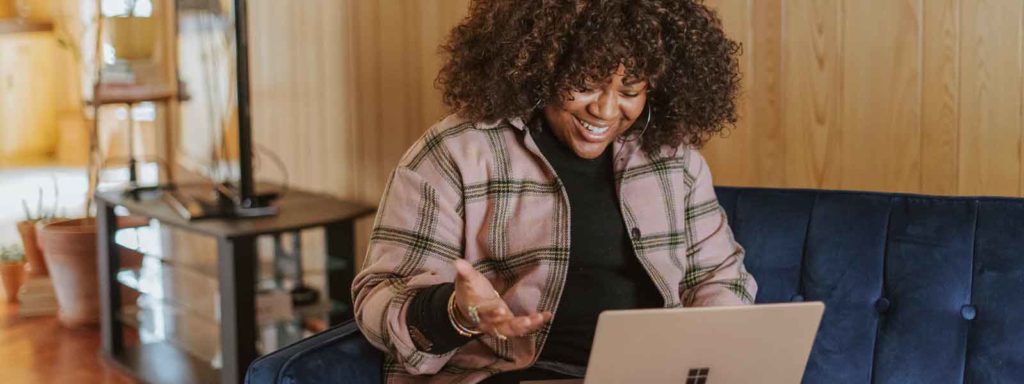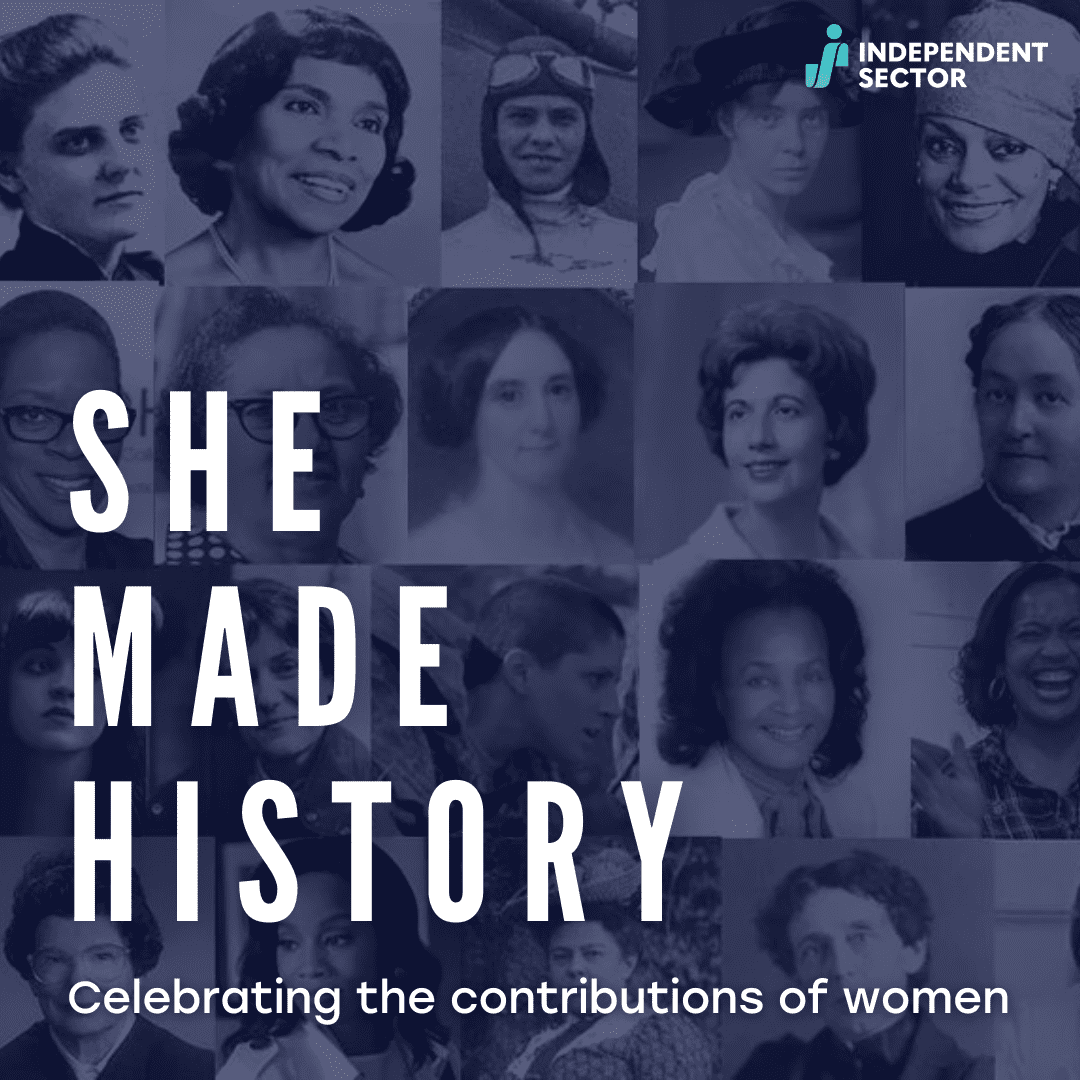It’s been a minute since most of us have actually been “in” our physical offices, but I’d bet we all remember being in “the meeting after the meeting.” That’s when we took our discussion to the breakroom or another office hang-out, and had a lively discussion about what we really thought about the “official” meeting.
Well, that pretty well sums up what Upswell Exchanges are all about, and what happened during the Exchange that followed the first Upswell Pop-Up of 2021 on “The Vital Intersection of Trust and Racial Equity,” where sessions covered:
- how nonprofits build trust;
- how words and voices can be used as tools for collective healing;
- what we can learn from academia about building trust with communities; and
- how workplace wellness and organizational culture drives equity work.
I facilitated the follow-up April 16 Upswell Exchange, which enabled changemakers who attended the virtual Pop-Up to “exchange” ideas in a more intimate space that encouraged discussion – with the goal of gathering insights, as well as collective ideas and approaches, to help generate solutions and relationships necessary to build trust for wholistic and equitable change.
During a brief welcome, Independent Sector President and CEO Dan Cardinali asked Exchange participants to be willing to learn and share; be both teachers and reflectors; and to believe that individuals can be wise, while understanding the power in collective action. Helping me facilitate the breakroom discussion were:
- Jamil Bey, President of the UrbanKind Institute, a Black research firm and think tank;
- Tony Jamal Lee, Executive Director of the Afrikan Unity Initiative, Inc., and
- Zakia Elliott, climate justice advocate.
Following an open and lively conversation by folks in the breakroom, we “broke” again into smaller groups, modeling the conversation in the larger group, to consider questions around how participants stay centered; the impact (or lack of) trust in their work; how to rebuild trust after the recent turbulent times our nation continues to suffer; and how racial equity plans into these themes.
To no one’s surprise, several themes emerged from both the larger and smaller breakroom discussions that offered great observations about what we need to bear in mind as we consider the vital intersection between trust racial equity. Among them are the following:
- Consistency is key. Conversations on trust and racial equity have happened in fits and starts, when what is needed is a consistent approach and a narrowing of escape hatches when the conversation gets uncomfortable.
- There has to be accountability before there is trust!
- It’s important to pay attention to internal culture. It is difficult, if not impossible, to propose that an institution can plan to act differently when it isn’t doing the work to be different.
- Organizations cannot wait on those most harmed by racial inequity to also have all of the answers to fix it.
- Institutions that don’t find a way to build trust with communities will continue to be seen as failing those communities. They are going to have to stop being overly prescriptive in how they support communities and become more collaborative.
- Human centered, relational approaches that recognize the humanity of all parties must lead all trust-building efforts.
It’s clear we had a great amount of enthusiasm, energy, and thoughtfulness in this conversation and we are excited to continue to provide a welcome space where attendees can take a deeper dive into the Pop-Up presentations, bring and share their own experiences in communities, and continue forward movement to build healthier and more equitable systems. We hope more of you will join us for the next Pop-Up on May 11 and the following Exchange on May 27.
Dr. Cheryl Hall-Russell is the Upswell Exchange facilitator and President of Black Women Wise Women, LLC.



